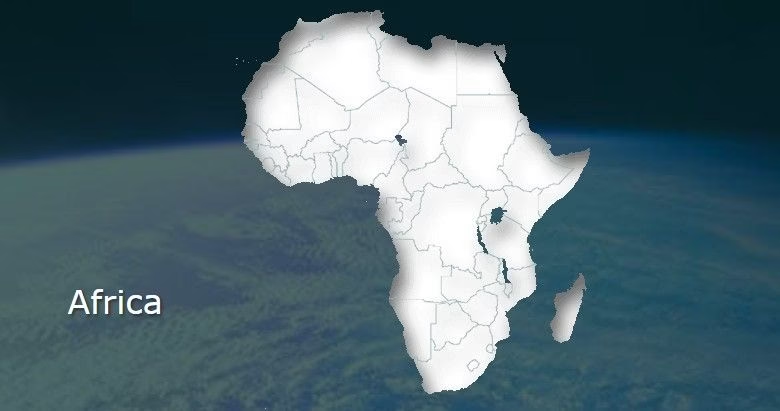Sub-Saharan Africa’s Corruption Crisis: Key Insights from the 2024 Transparency International CPI
Introduction: Sub-Saharan Africa’s Corruption Challenge
The 2024 Transparency International Corruption Perceptions Index (CPI) has highlighted Sub-Saharan Africa as the lowest-scoring region globally, with an average score of 33 out of 100. A staggering 90% of the region’s countries scored below 50, underscoring the pervasive issue of corruption.
This article delves into the key findings of the CPI, the factors driving corruption, and the implications for the region’s development.
Top Performers and Worst Offenders in Sub-Saharan Africa
While corruption remains a significant challenge, some countries have made notable progress. The top performers in the region include:
- Seychelles (72): Leading the region with strong governance and transparency.
- Cabo Verde (62): Demonstrating consistent efforts to combat corruption.
- Botswana (57) and Rwanda (57): Showcasing effective anti-corruption measures.
On the other end of the spectrum, the most corrupt countries are:
- South Sudan (8): Plagued by political instability and weak institutions.
- Somalia (9): Struggling with governance challenges and conflict.
- Equatorial Guinea (13) and Eritrea (13): Facing issues of resource exploitation and lack of accountability.
For more on global corruption trends, visit Transparency International.
Root Causes of Corruption in Sub-Saharan Africa
The CPI highlights several factors exacerbating corruption in the region:
- Weak Governance: Ineffective institutions and lack of transparency enable corrupt practices.
- Political Instability: Conflict and unrest create environments where corruption thrives.
- Concentration of Power: In countries like Somalia and South Sudan, political power is concentrated in the hands of a few, leading to resource exploitation.
These issues divert resources from essential services such as healthcare, education, and infrastructure, while also deterring foreign investment.
For insights on governance in Africa, explore the African Development Bank.
The Impact of Corruption on Development
Corruption has far-reaching consequences for Sub-Saharan Africa, including:
- Economic Stagnation: Deterred foreign investment and misallocation of resources hinder growth.
- Social Inequality: Essential services are underfunded, disproportionately affecting vulnerable populations.
- Erosion of Trust: Public trust in government and institutions is undermined, weakening democracy.
Addressing corruption is critical to achieving sustainable development and improving the quality of life for millions.
Fighting Corruption Together
The 2024 CPI serves as a wake-up call for Sub-Saharan Africa to prioritize anti-corruption efforts. As citizens, we must hold our leaders accountable and advocate for transparency and good governance.
What steps do you think African governments should take to combat corruption? Share your thoughts in the comments below or join the conversation on social media using the hashtag #EndCorruptionAfrica.
For more updates on anti-corruption initiatives, visit UNODC.
By working together, we can create a future where resources are used effectively, institutions are transparent, and communities thrive. Let’s unite to fight corruption and build a better Africa!



